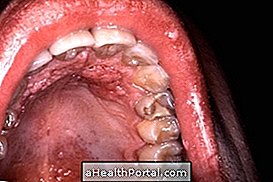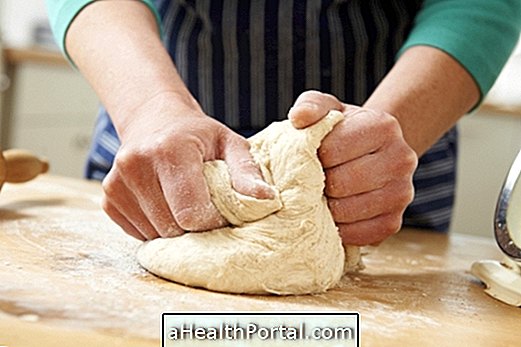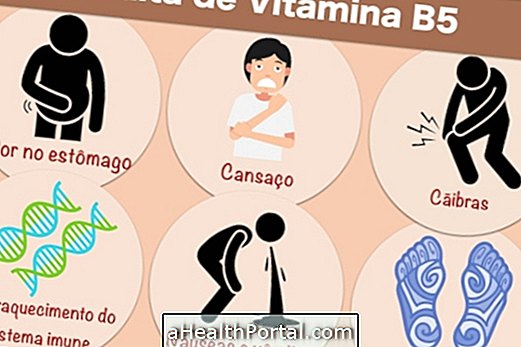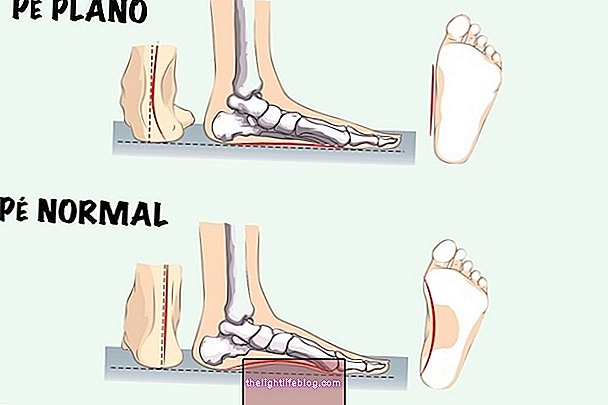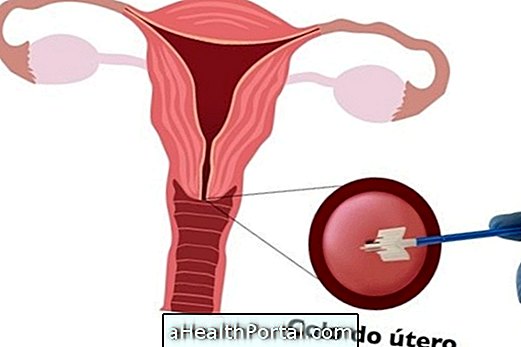To help the overweight child to lose weight it is recommended to change the eating habits and daily activities of the whole family so that it is easier for the child to eat the right foods.
Childhood obesity is characterized by being overweight between infants and children up to 12 years of age. The child is identified as obese when his body weight exceeds the average weight corresponding to his age by 15%. This excess weight increases the risk of the child developing serious health problems, such as diabetes, high blood pressure, difficulty breathing, sleep disturbances, high cholesterol or liver problems, for example.
To know how much weight your child needs to lose enter here the data of the child or adolescent:

Child obesity in Brazil has been increasing, mainly due to the lack of physical exercise done by the children of school age. Children usually prefer to watch television, on the computer or on the cell phone, but this type of activity should be at most 1 hour a day so that they have time to run and play, making games that consume energy.
How to treat childhood obesity
Treatment for childhood obesity should be done gradually and under the guidance of a pediatrician and a nutritionist.
Normally, treatment for childhood obesity is based on changes in the child's diet and increased levels of exercise, depending on their age and overall health. However, although rare, the doctor may recommend using medicines to help decrease appetite.
Watch the nutritionist's tips in the following video:

How to Improve Your Child's Nutrition
Parents should help their child to adopt healthy eating habits and, for this, some tips are:
- Avoid buying industrialized foods, which are sugary or fatty, like cookies, pre-prepared meals;
- Buy a wide variety of fruits and vegetables and give preference to citrus fruits and vegetables eaten raw;
- Vegetables that need to be cooked, such as the pod, eggplant, zucchini or mushrooms, must be steamed, without salt and olive oil should be added in a small amount;
- Do not offer children soft drinks, giving preference to water and natural fruit juices;
- Buy a child-sized dish;
- Prevent children from being distracted during the meal, not letting them watch TV or play games;
These tips should be tailored to the family lifestyle and nutritionist guidelines.
How to make the child spend more energy and exercise
Regular practice of exercise is key to helping the child lose weight. Some tips to help parents encourage exercise include:
- Limit the use of computer and television in up to 1 hour per day;
- Look for activities that the child likes;
- Encourage the family to regularly participate in outdoor activities;
- Allow the child to experience various activities such as judo, swimming, karate, soccer school or dance, for example.
These tips prevent the child from maintaining a sedentary lifestyle, being able to maintain a healthy weight, independent of the age-specific hormonal changes.
Causes of Childhood Obesity
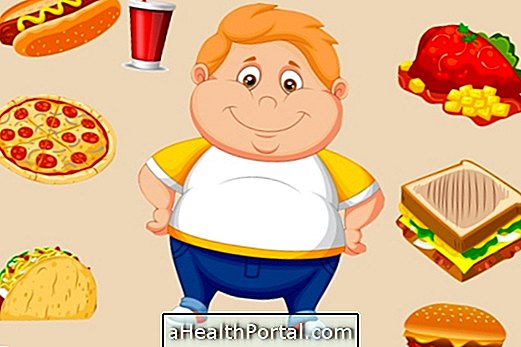
The causes of childhood obesity can be related to several factors, the most common being excessive consumption of foods rich in fat and sugar and the fact that the child does not want to play to expend energy, running, jumping or playing ball. Other less frequent causes are:
- Hormonal disorders;
- Genetic diseases;
In addition, a family history of being overweight or obese may make it easier for the child to gain weight easily, since he or she adopts family life habits. Thus, childhood obesity can be caused by genetic inheritance of parents, and it is important to know the factors that increase the chances of having an overweight child.







